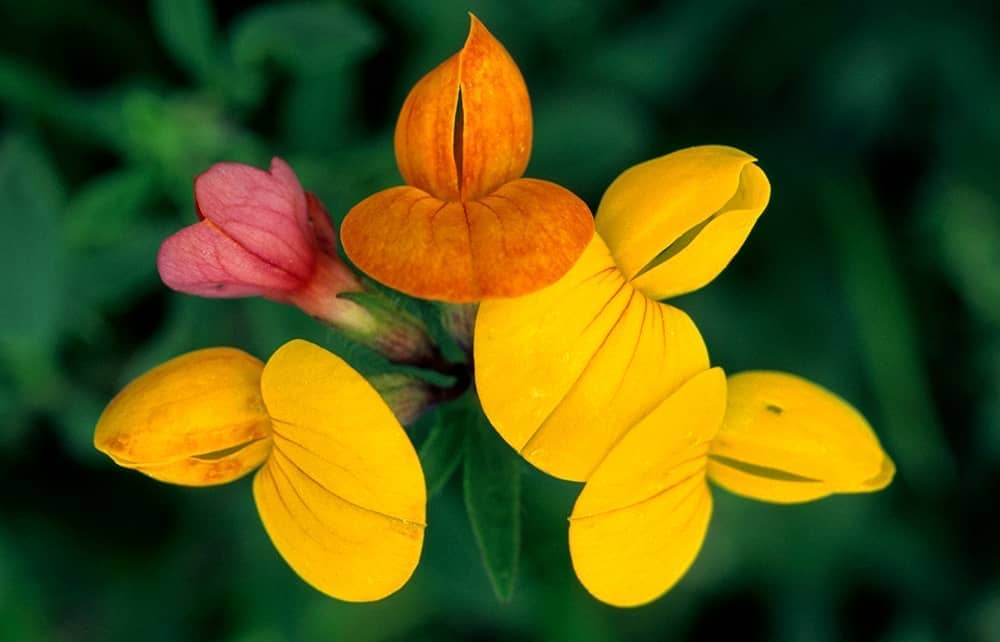‘There are a great many ways of holding on to our sanity amid the vices and follies of the world,’ wrote Ronald Blythe in 2008, ‘though none better than to walk knowledgeably among our native plants.’ To many today, when the age-old connection between people and their indigenous flora is in danger of being extinguished altogether, this pronouncement may seem eccentric; but is rightly endorsed by Leif Bersweden in Where the Wildflowers Grow, which vividly describes the botanical journey through Britain and Ireland he undertook last year.
He was born in 1994 and, unusually for his generation, has been a keen amateur botanist since childhood. There was a time, not that long ago, when being taught to recognise and name our native wild flowers was part of growing up, with colourful and informative posters of plants and trees hanging on classroom walls even in urban areas. But when a new edition of the Oxford Junior Dictionary appeared in 2007, the common names of many once familiar plants – among them acorn, beech, bluebell, buttercup, dandelion and mistletoe – were omitted. It was as if language itself was colluding with the modern agricultural methods and increasing urbanisation that were gradually eradicating wild flowers and their habitats. Bersweden’s aim is to ‘bring wild plants back into our lives, to help people learn how they can benefit from them and encourage others to build, or rekindle, a relationship with nature’.
There was a time, not long ago, when being taught to recognise our native wild flowers was part of growing up
His book describes travelling by train, ferry and bicycle in search of native plants, visiting the places where they still thrive, to observe, photograph and write about them, and to explain why they matter. While protecting and nurturing wild flowers and their habitats has obvious ecological advantages, other benefits are less easily quantifiable.







Comments
Join the debate for just £1 a month
Be part of the conversation with other Spectator readers by getting your first three months for £3.
UNLOCK ACCESS Just £1 a monthAlready a subscriber? Log in